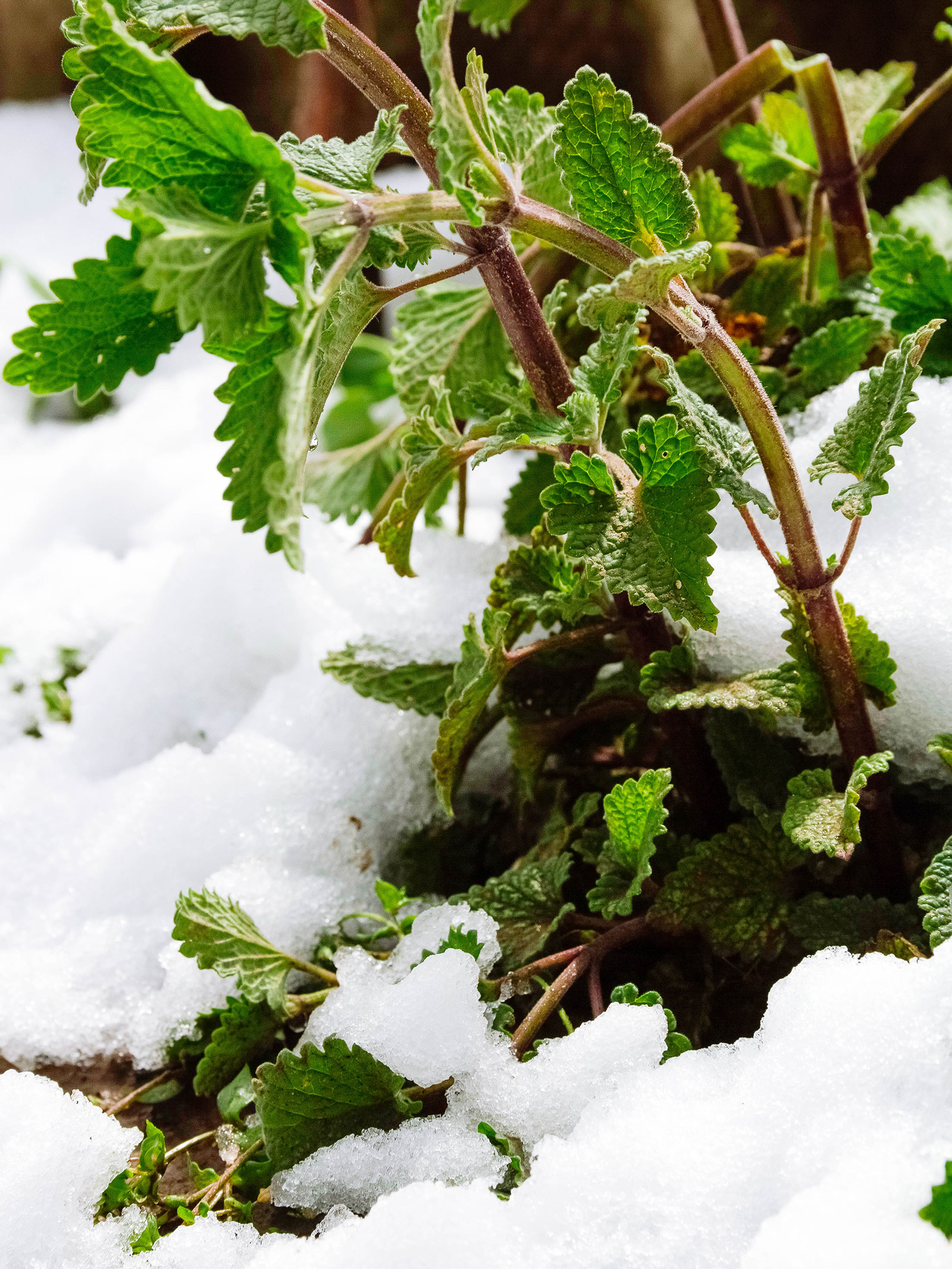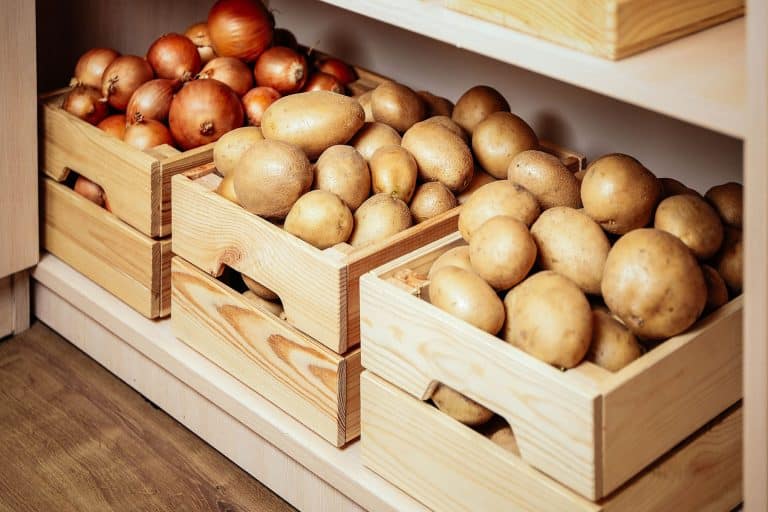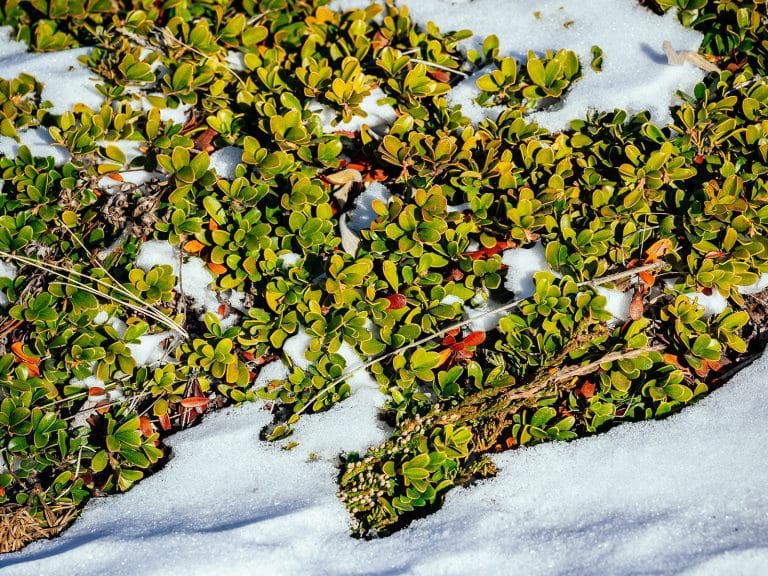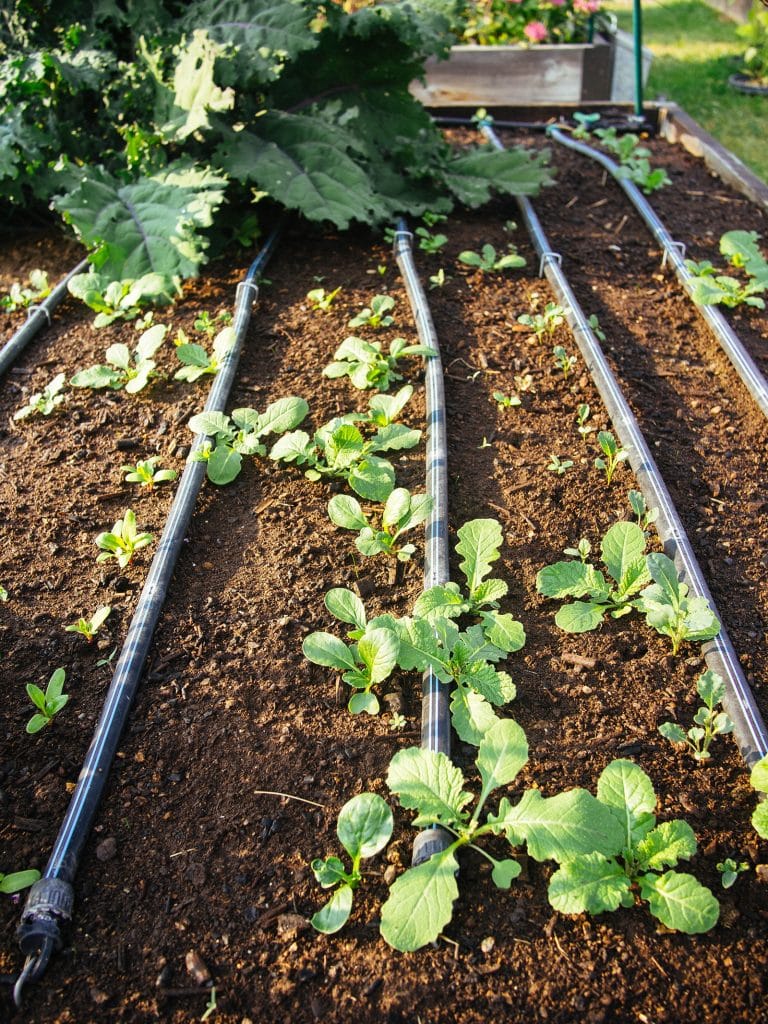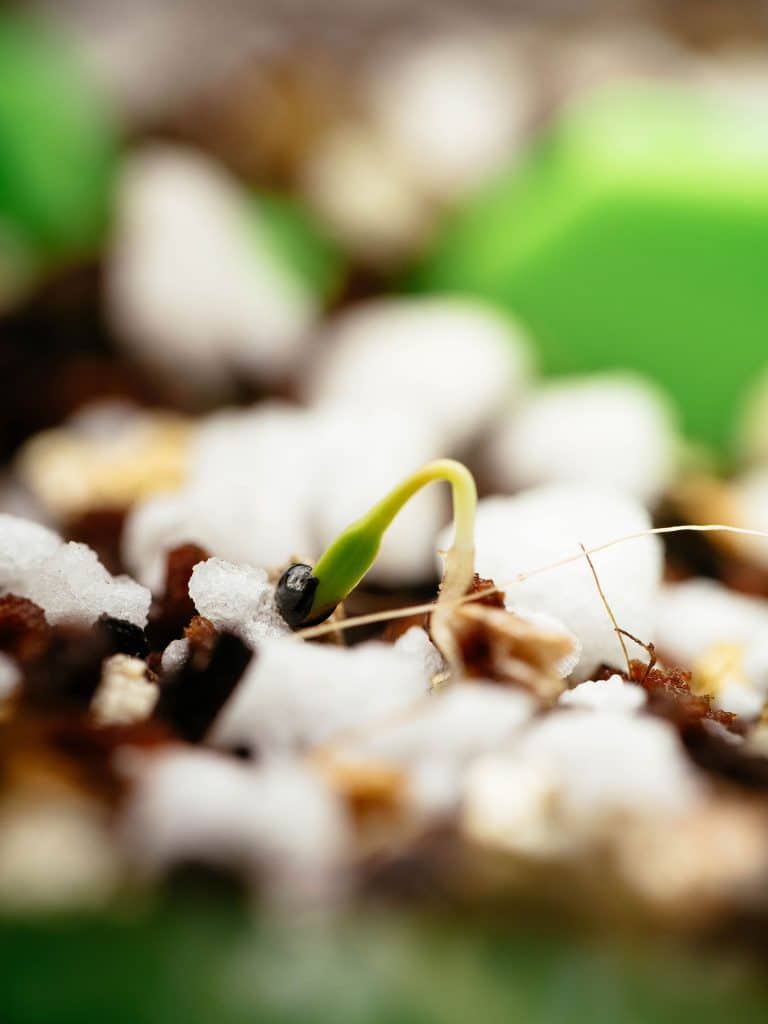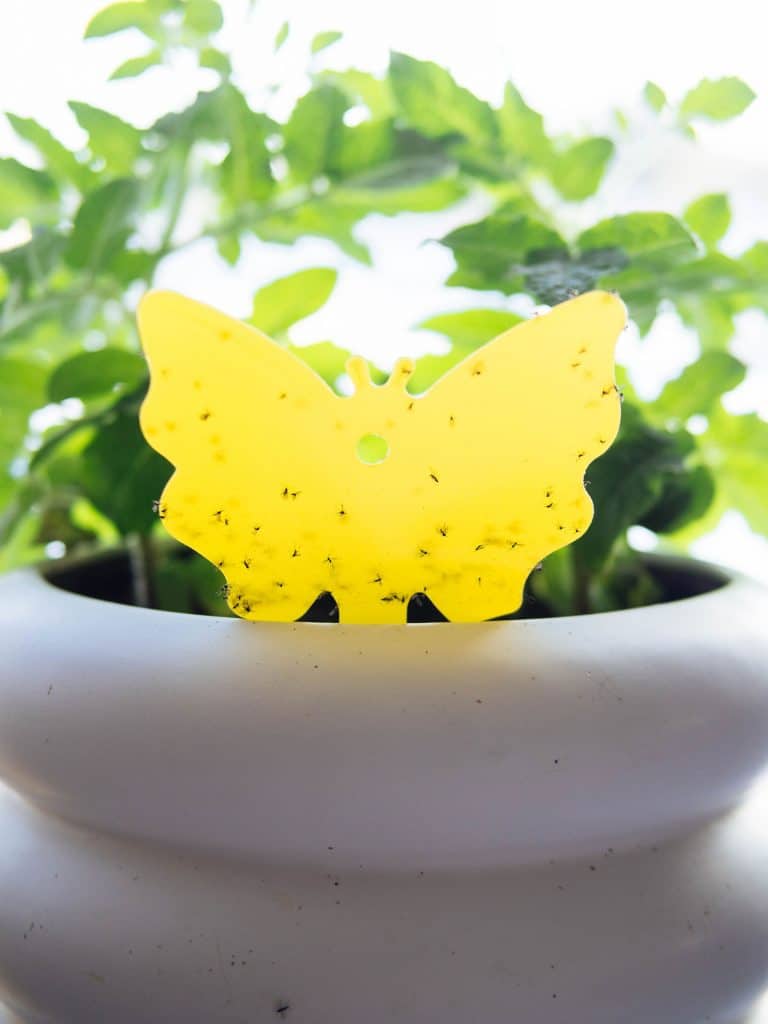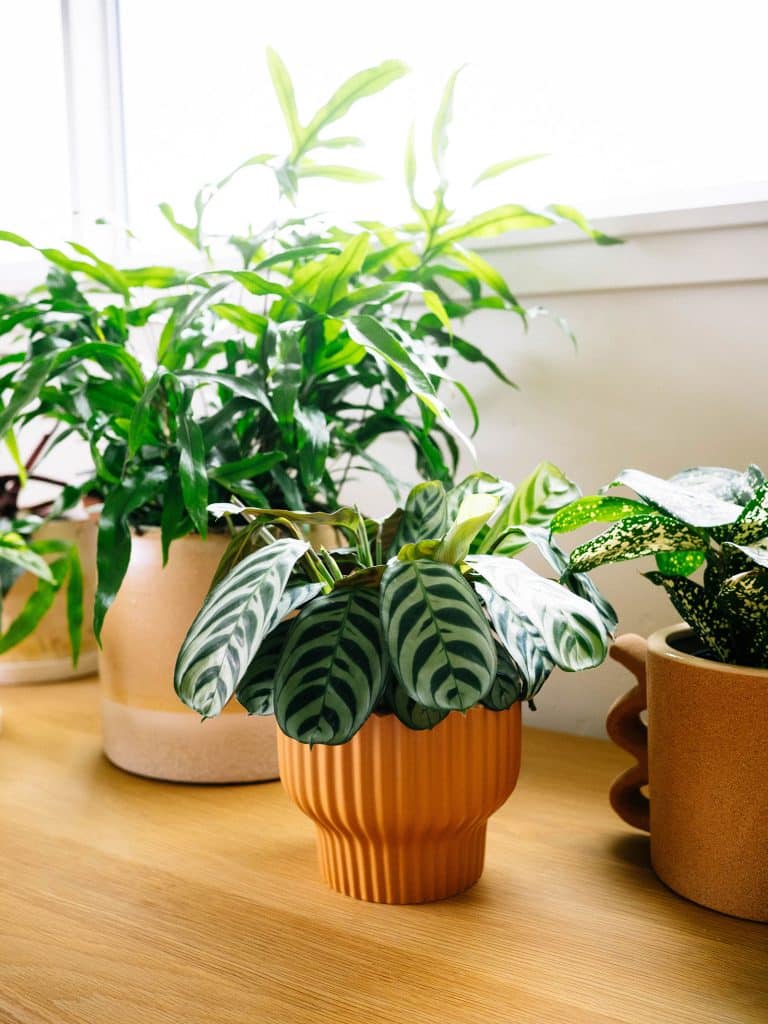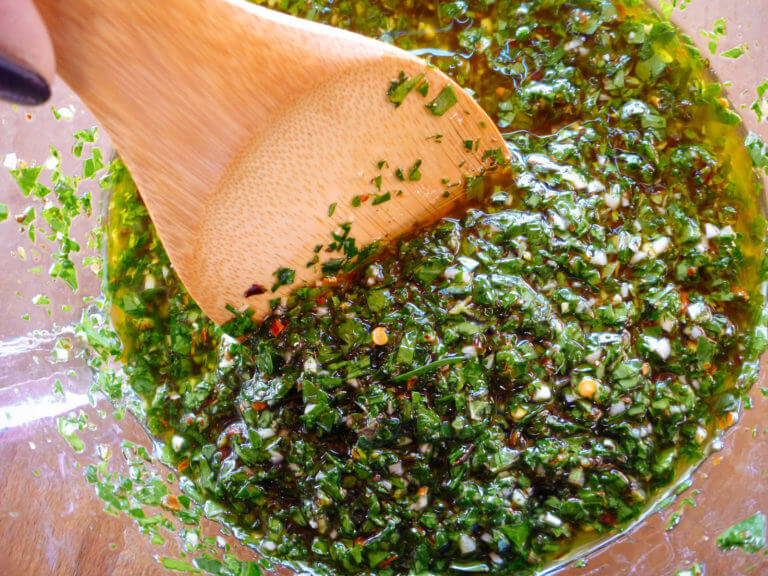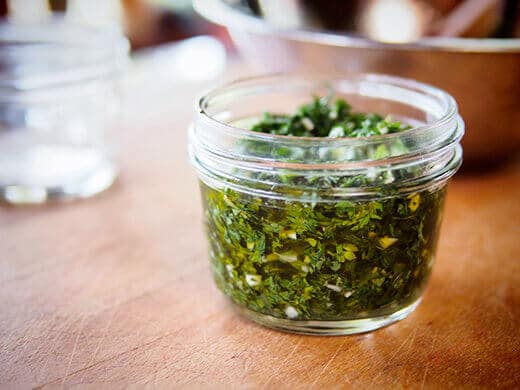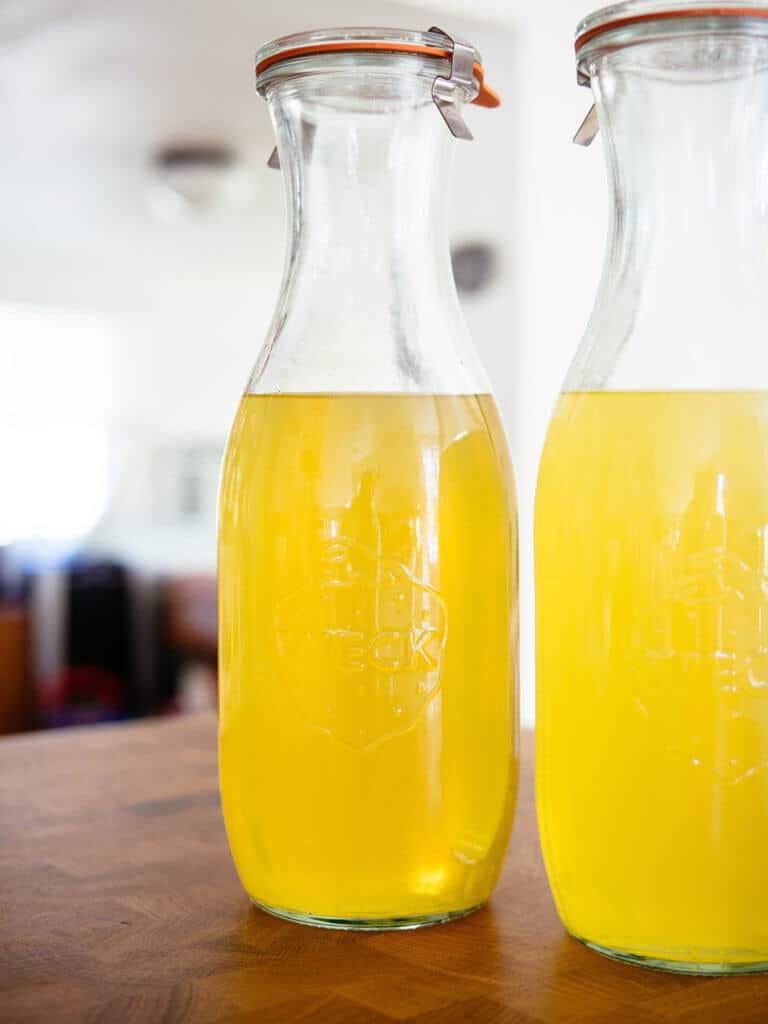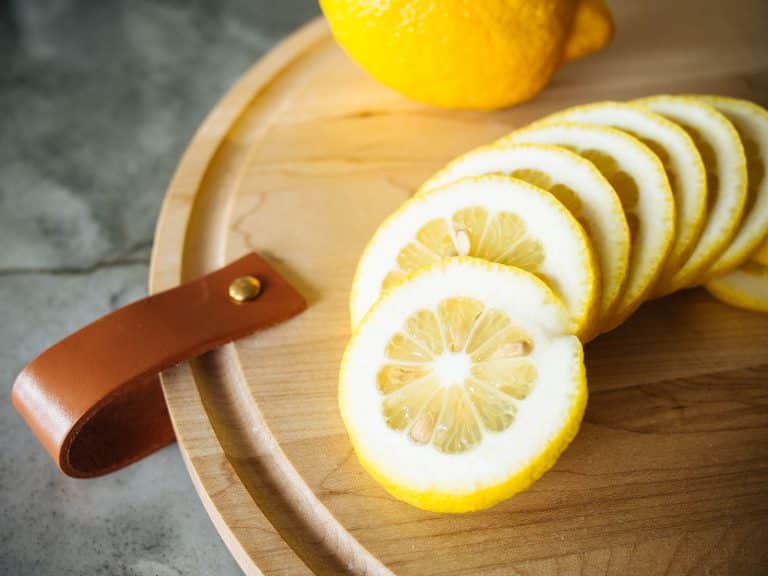Many of the common herbs we grow at home are native to the Mediterranean, which means in colder climates, they won’t make it through frost and snow. But did you know that quite a few culinary herbs can actually overwinter (especially with a little protection) or die back and return in spring?
I have two perennial herb beds in my zone 5 microclimate that come back year after year, and all I do is keep those herbs regularly pruned until early fall, mulch and water the beds, and add a midweight frost cover after the first hard freeze.
Some of these plants are extremely hardy and can even survive freezing temperatures without a cover at all. (I compiled this list of winterkill temps in my garden, and you might be surprised at how much cold these plants can take!)
The variety (cultivar) plays an important role, of course—rosemary, one of those aforementioned Mediterranean herbs, is generally hardy to zones 8 and up. But if you plan ahead and plant the right variety, you can grow rosemary year-round down to zone 5!
Disclosure: If you shop from my article or make a purchase through one of my links, I may receive commissions on some of the products I recommend.
My favorite place to buy live herb plants online (when I’m looking for a unique variety) is Richters. They carry a wide selection of herbs that I’ve never seen anywhere else! But if you prefer to start your plants from seed, you cannot go wrong with Botanical Interests or Territorial Seed.
Here’s what I grow or have grown outside in winter, with tips on protecting your plants so they stand a better chance of surviving the freeze.
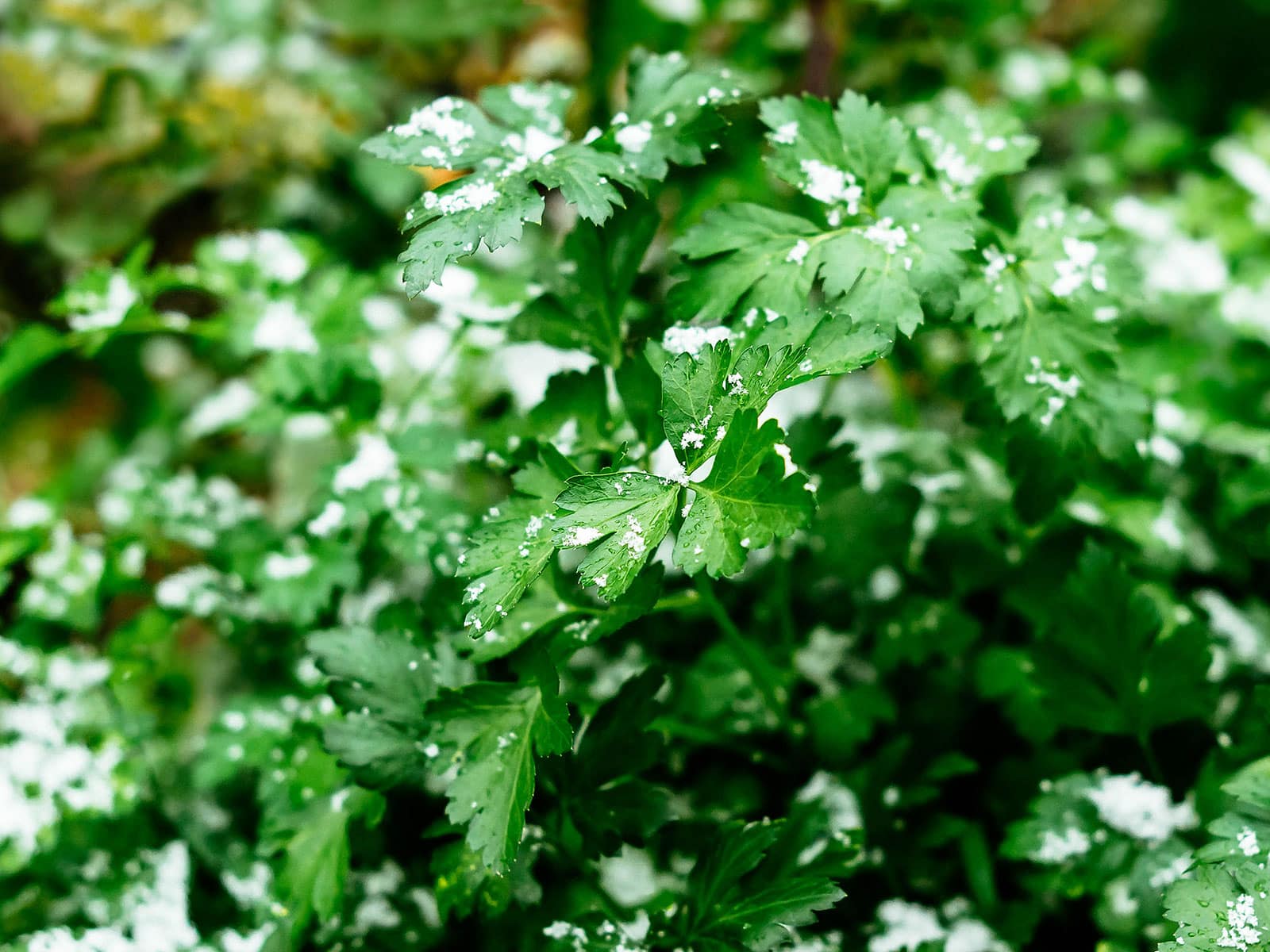
Zone 3 herbs
These are some of the hardiest herbs you’ll find in the garden! (I’ve even picked lovage with a dusting of snow on its leaves.)
- Lovage
- Hyssop
- Russian tarragon
- Chervil
- Sweet cicely
- Yarrow
- Horseradish
Zone 4 herbs
Along with everything in zone 3 above, you can also grow these herbs quite easily. Chives make the list here, and they’re a must in every garden as they’re one of the recognized powerhouse fruits and vegetables (as well as parsley in zone 5).
- Mint
- Onion chives
- Garlic chives
- French tarragon
- Thyme
- Sage
- Variegated marjoram
- Mitsuba
- Roman chamomile
- Anise hyssop
- Sorrel
Zone 5 herbs
The list gets longer as we move up to zone 5. In addition to the herbs in zones 3 and 4, the ones below will make it through winter (or die back and resprout in spring).
- Parsley
- Oregano
- Lemon balm
- Winter savory
- Bronze fennel
- Lavender
- German chamomile
- Salad burnet
- Rosemary (with protection—try Arp, Hill’s Hardy, or Alcade)
Zone 6 herbs
Everything you can grow in zones 5 and below, you can grow in zone 6. But you get a little leeway here as the more sensitive herbs can overwinter without frost protection.
Cold-hardy rosemary varieties like Arp, Hill’s Hardy, and Alcade will usually make it through a hard frost with just a good mulch layer. If they die back, they’ll reemerge in spring. If you want the plants to stay harvestable in winter, grow them under a low tunnel, in a cold frame, or against a wall, where they benefit from the reflected heat.
Read more: Why low tunnels are a better option than cold frames for winter protection
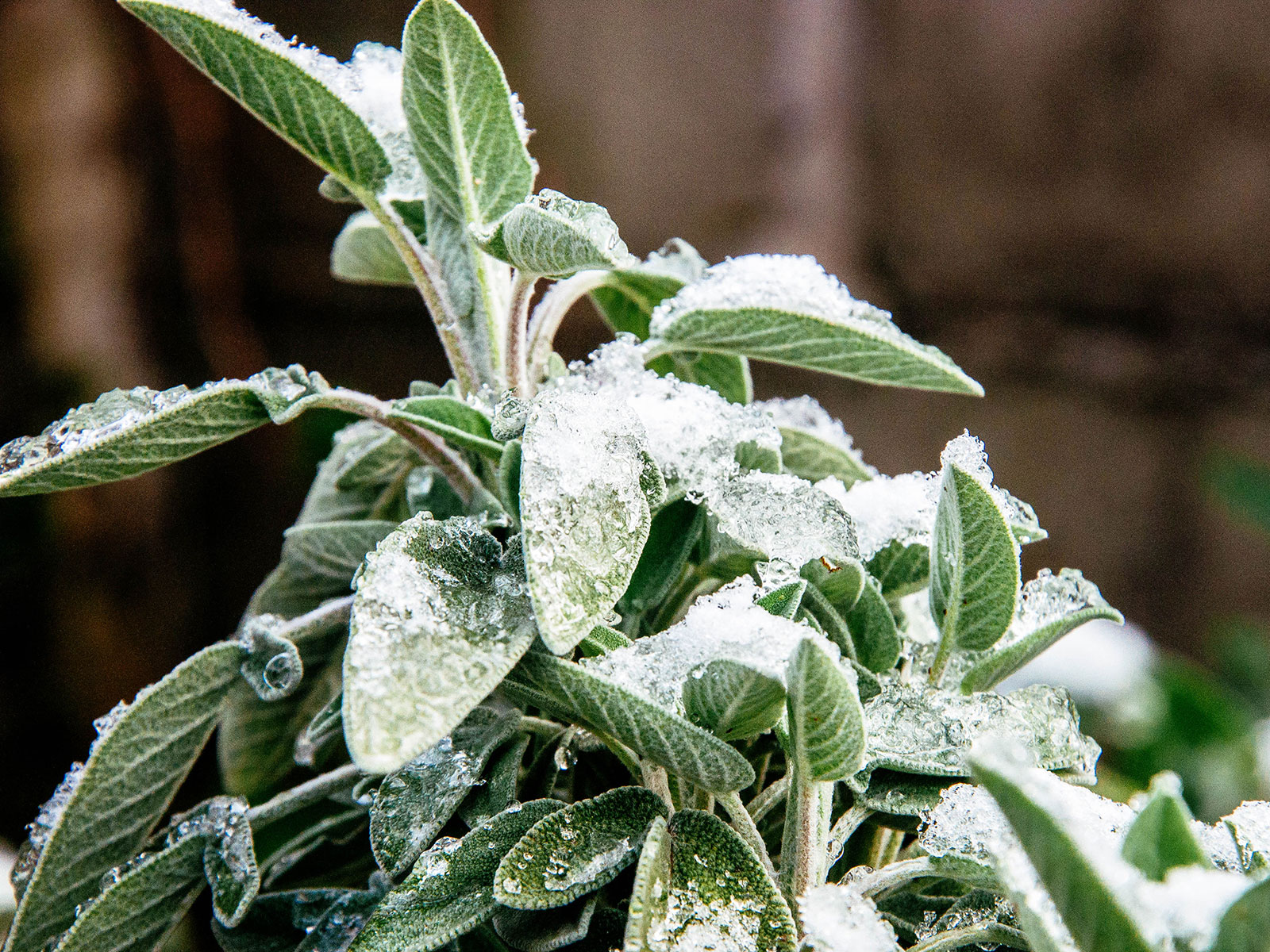
How to ensure your cold-hardy herbs come back in spring
Through trial and error, I’ve learned that even the hardiest herb won’t bounce back for three big reasons: lack of moisture, cold dry air, or not enough snow. (Notice how temperature is not a factor, as long as the plant is suitable for your zone.)
If there’s no rain in the forecast, make sure you water your plants regularly, even through winter. This is probably the number-one reason many plants don’t make it!
The second reason is exposure to the cold, desiccating winds of winter. Wind (and wind chill) causes rapid moisture loss in plant tissue, leading to dehydration, leaf scorch, and eventually death.
You can avoid this common winter injury by watering well (so your plants are able to replenish the moisture they lose) and by using protective measures, like planting windbreaks (taller shrubs or hedges around your herbs) or covering them with frost cloth.
Related: How to keep gardening through winter (even without a greenhouse)
Recommended
Frost protection
Although it sounds counterintuitive, you also want plenty of snow to help your plants survive the cold! Snow is a great insulator that protects the roots and crowns of your herbs, but if it melts off quickly or doesn’t snow for weeks, heap on a thick layer of organic mulch. You can get creative here (I often reuse old Christmas boughs) or just keep a stockpile of straw, wood chips, or pine needles to use as needed.
Always mulch your plants well, even if you get snow. It helps keep weeds at bay in early spring and adds nutrients to the soil as it breaks down over winter. Once the weather warms up, be sure to remove some of the heavy mulch layer (so you only have a couple inches on top) and let the soil breathe a bit.


